Caffeine, a staple in many daily routines, boasts benefits like increased alertness and enhanced cognitive function. However, some individuals experience downsides including jitteriness, increased heart rate, and disrupted sleep. While it’s a common go-to for a quick energy boost, there’s a growing interest in healthier, natural alternatives. Various foods offer an energy boost without the adverse effects associated with excessive caffeine consumption. These foods, rich in vitamins, minerals, and other essential nutrients, not only elevate energy levels but also contribute to overall health and well-being.
Contents
Benefits Of Natural Energizers
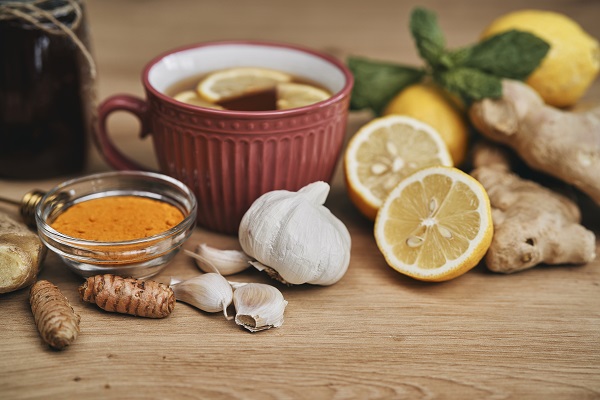
The quest for energy-boosting alternatives to caffeine is drawing attention to a plethora of natural energizers. These not only mitigate the common adverse effects of caffeine but offer additional health benefits. Nutrients like vitamins, minerals, and antioxidants found in certain foods contribute to increased physical stamina and mental alertness. They also aid in improving mood and reducing anxiety, making them a holistic solution for enhanced energy and well-being.
One compelling advantage of natural energizers lies in their ability to offer sustained energy. Unlike the abrupt peaks and troughs in energy levels associated with caffeine, these foods provide a gradual, steady release of energy. They help in maintaining optimal energy levels throughout the day, eliminating the familiar crash experienced after the caffeine wears off. Furthermore, they nourish the body, supporting various physiological functions that collectively contribute to increased vitality.
Fruits That Energize

Fruits like bananas and berries are esteemed for their immediate energy-boosting effects. Bananas are packed with essential vitamins and minerals, including potassium, vitamin C, and B6, which are integral for energy production. They are also rich in dietary fiber, ensuring a balanced, steady release of energy. Berries, on the other hand, boast a rich antioxidant profile that not only energizes but also fortifies the immune system.
Natural sugars found in fruits like apples and oranges play a crucial role in instant energy provision. These sugars are quickly absorbed into the bloodstream, offering immediate vitality. Moreover, the fiber content in these fruits ensures that the energy release is balanced, preventing spikes and crashes in blood sugar levels. Thus, incorporating a variety of fruits into the daily diet can be a potent strategy for enhancing energy and overall health.
Nuts And Seeds
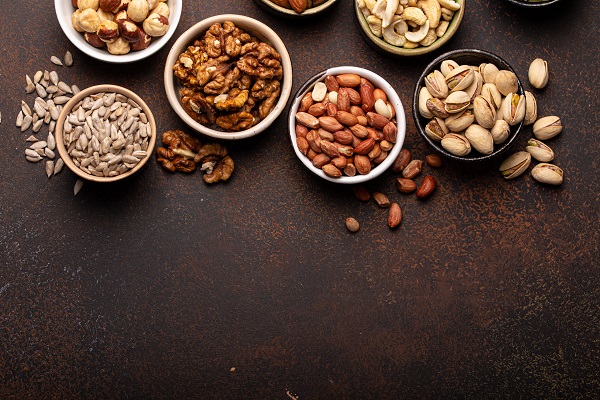
Nuts and seeds emerge as formidable sources of energy, attributed to their rich content of proteins, healthy fats, and various essential nutrients. Almonds, for instance, are replete with vitamin E, magnesium, and iron, nutrients pivotal in energy production and the reduction of fatigue. They offer a quick yet lasting boost of energy, making them an excellent snack option for those looking to maintain high energy levels throughout the day. Chia seeds, abundant in omega-3 fatty acids, protein, and fiber, are another noteworthy energy source. When ingested, they expand and form a gel-like substance that enhances hydration and sustains energy release.
In addition to being nutrient-dense, the versatility of nuts and seeds enhances their appeal. They can be seamlessly integrated into a myriad of diets, consumed as standalone snacks, or incorporated into meals. For instance, flaxseeds can be added to smoothies or breakfast cereals to elevate their nutritional value and energy-boosting potential. Their high content of fiber and protein ensures that energy is released slowly and steadily, keeping one energized and satiated for extended periods.
Whole Grains For Sustained Energy
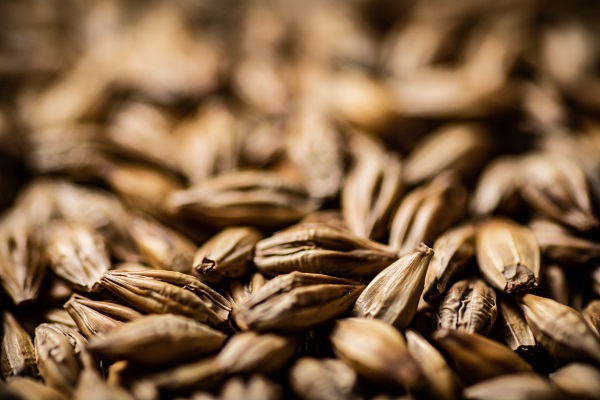
Whole grains are esteemed for their complex carbohydrate content, which offers a slow and steady release of energy. Quinoa, a popular grain, is not only rich in carbohydrates but is also a complete protein, containing all nine essential amino acids. It is also replete with various vitamins and minerals integral for energy production, such as B-vitamins, magnesium, and iron. Brown rice, another whole grain, offers a considerable amount of fiber and is a low-glycemic index food, ensuring that it provides long-lasting energy without causing abrupt spikes in blood sugar levels.
Consumers are often on the lookout for convenient yet healthy food options to maintain their energy levels. Oats emerge as a popular choice, offering a unique combination of carbohydrates, protein, and fiber. The presence of beta-glucans, a type of soluble fiber, not only aids in digestion but also ensures a sustained release of energy. Incorporating whole grains like oats into breakfast routines can contribute to heightened energy levels, improved concentration, and enhanced productivity throughout the day.
Legumes Power
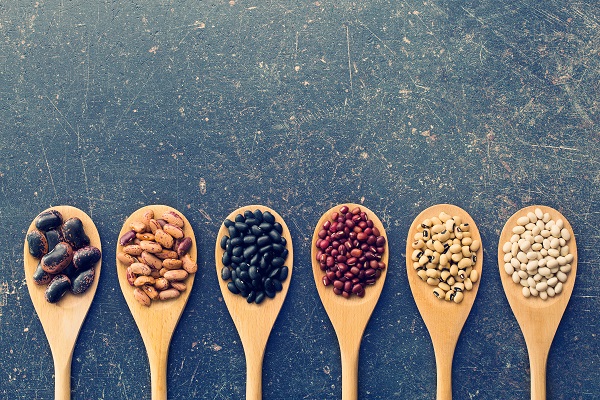
Legumes, including lentils, chickpeas, and black beans, are renowned for their rich protein and fiber content. These nutrients collaborate to provide a slow, steady source of energy, making legumes a staple in energy-boosting diets. Lentils, for instance, are replete with B-vitamins, iron, and complex carbohydrates. These elements synergize to enhance energy production, making them a preferred choice for individuals seeking to optimize their energy levels without resorting to stimulants like caffeine.
Another attribute accentuating the appeal of legumes is their versatility in culinary applications. Chickpeas can be consumed in various forms – roasted as a crunchy snack, blended into hummus, or incorporated into salads and stews. Their rich nutrient profile, characterized by ample amounts of protein, fiber, vitamins, and minerals, ensures that energy is not just momentarily boosted but sustained over prolonged periods. Consequently, integrating legumes into daily dietary routines can substantively contribute to enhanced vitality and overall well-being.
Vegetables That Boost Energy
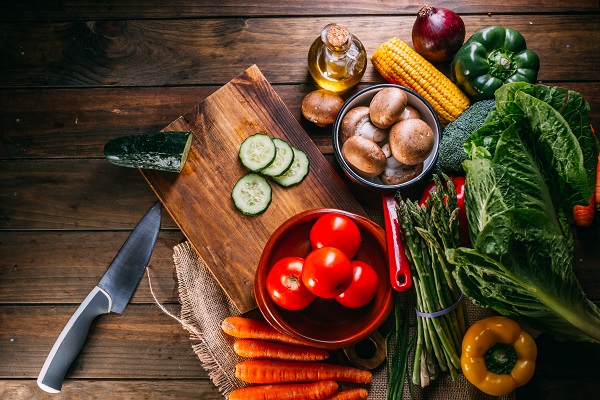
Vegetables like spinach and kale are powerhouse foods, teeming with nutrients that significantly uplift energy levels. Spinach, rich in iron, plays a crucial role in the body’s energy production, as it aids in the transportation of oxygen to the cells, facilitating the generation of energy. Kale, laden with vitamins, minerals, and antioxidants, not only boosts energy but also fortifies the immune system, enhancing the body’s resilience and vitality.
Combining these nutrient-dense vegetables with other foods can amplify their energy-boosting effects. For example, a salad incorporating leafy greens, nuts, and fruits can offer a holistic mix of nutrients that work synergistically to enhance energy and overall health. The rich fiber content also ensures a steady energy release, preventing the abrupt spikes and crashes in blood sugar levels, often associated with refined and processed foods.
Hydration For Vitality

Proper hydration is integral to maintaining optimal energy levels and overall health. Water is fundamental for various bodily functions, including nutrient transportation and metabolic processes that generate energy. Dehydration, even mild, can lead to a significant reduction in energy levels and cognitive functions, manifesting in symptoms like fatigue, dizziness, and reduced alertness. Consuming an adequate amount of water daily is essential to ensure the body’s physiological processes operate efficiently, translating to elevated energy levels.
For those seeking to boost their energy levels, infusing water with natural energizers like citrus fruits or mint can be beneficial. Not only does this enhance the flavor of the water, encouraging increased consumption, but it also adds a nutritional boost. The vitamins and minerals from these additions contribute to energy production, offering a refreshing, natural alternative to caffeinated beverages, and ensuring the body remains adequately hydrated and energized throughout the day.
The Bottom Line
In the journey towards enhanced energy and vitality, incorporating a variety of fruits, nuts, seeds, whole grains, legumes, and vegetables into the diet emerges as a fundamental strategy. These foods, rich in essential nutrients, offer a steady, balanced release of energy, mitigating the abrupt fluctuations associated with caffeine consumption. Hydration, too, plays a pivotal role, underscoring the need for regular water intake. Opting for these natural energizers not only boosts energy but also augments overall health and well-being, marking a holistic approach to vitality that is sustainable and beneficial in the long-term.


